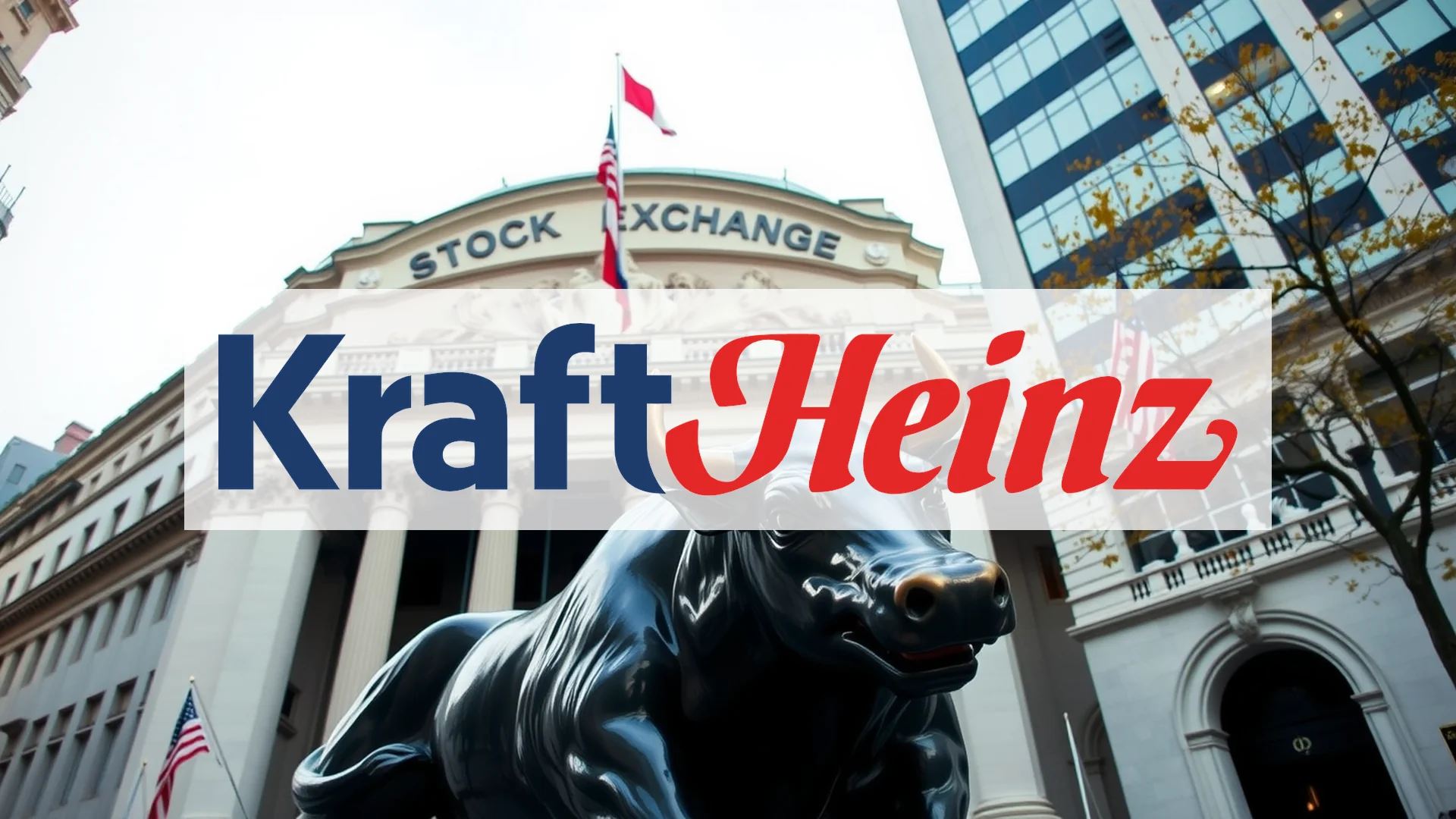In a dramatic strategic reversal, Kraft Heinz has announced plans to separate into two distinct publicly traded entities. This move, scheduled for completion in the second half of 2026, marks the end of a challenging ten-year period following the merger that was initially championed by Warren Buffett’s Berkshire Hathaway and 3G Capital. The decision represents one of the most significant corporate turnarounds in recent memory.
A New Structure for Growth
The board approved the separation on September 2nd. The new organizational structure will create “Global Taste Elevation Co.,” which will house high-growth brands including Heinz Ketchup, Philadelphia cream cheese, and Kraft Mac & Cheese. Meanwhile, “North American Grocery Co.” will manage traditional U.S. staple products such as Oscar Mayer, Kraft Singles, and Lunchables. Current CEO Carlos Abrams-Rivera is set to lead this latter entity.
This split effectively concludes the chapter on the 2015 mega-merger between Kraft Foods and Heinz, a consolidation that faced significant challenges from its inception.
Divergent Views from the Market
Financial analysts have expressed mixed reactions to the announcement. In a notable upgrade on September 3rd, Morgan Stanley shifted its rating on Kraft Heinz shares from “Underweight” to “Equal-Weight,” suggesting the company may have navigated through its most difficult period. The firm indicated the separation could help stabilize the stock’s performance.
Conversely, Moody’s adopted a more cautious stance. The ratings agency placed the company’s Baa2 credit rating under review for potential downgrade on September 2nd, citing several concerns:
Should investors sell immediately? Or is it worth buying Kraft Heinz?
- Estimated dis-synergies totaling approximately $300 million
- Loss of scale advantages and business diversification
- Significant execution risks associated with the separation process
Adding to the cautious sentiment, Stifel simultaneously reduced its price target for the stock, presenting additional headwinds for investor confidence.
Investor Perspectives and Performance
The separation news comes as Warren Buffett, whose Berkshire Hathaway remains the largest shareholder, has reportedly expressed disappointment with the decision, particularly concerning the substantial costs involved in executing the split. This represents a notable setback for the investor who initially had high expectations for the merger’s success.
The financial performance since the 2015 combination has been challenging, with shares declining approximately 60% of their value. The original strategy of leveraging scale benefits and implementing aggressive cost reductions ultimately proved insufficient against shifting consumer preferences and market dynamics.
Path Forward and Implementation Challenges
The coming months will be critical as investors await detailed information about the capital structures of the two proposed companies. Moody’s final assessment will depend heavily on these details. Management now faces the complex task of executing one of the most substantial corporate separations in recent history, with a multi-year timeline leading to the planned 2026 completion.
The fundamental question remains whether this radical strategic shift can successfully reposition what remains of the Kraft Heinz enterprise, or if the initiative has arrived too late to effect meaningful change.
Ad
Kraft Heinz Stock: Buy or Sell?! New Kraft Heinz Analysis from February 7 delivers the answer:
The latest Kraft Heinz figures speak for themselves: Urgent action needed for Kraft Heinz investors. Is it worth buying or should you sell? Find out what to do now in the current free analysis from February 7.
Kraft Heinz: Buy or sell? Read more here...












